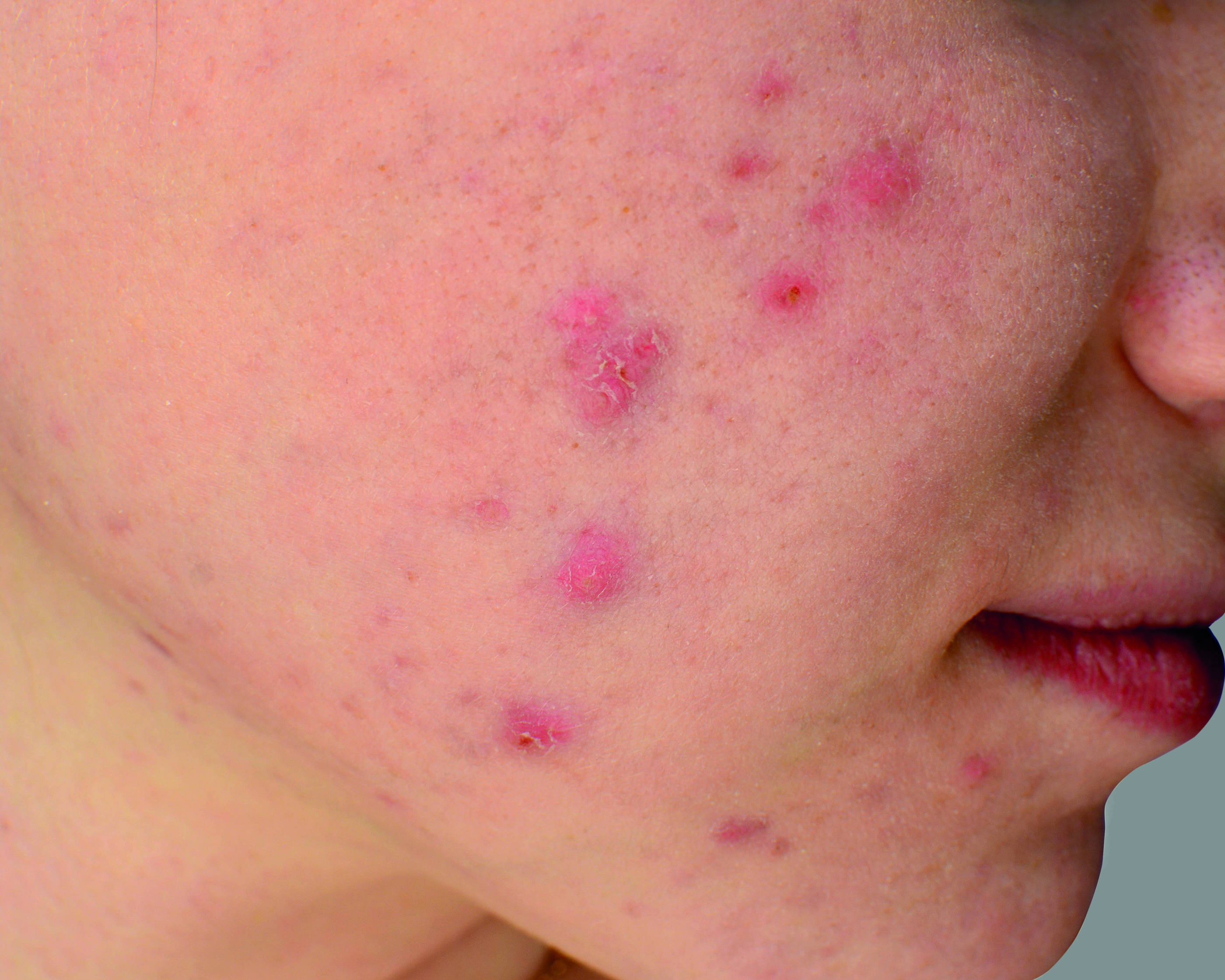The upcoming ISG Winter Meeting (23-24 November) in Kildare will witness some serious discussion regarding the speciality in Ireland.
In the final session of the meeting, there will be an opportunity to discuss the future of the speciality on a national level with a representative from the HSE. Dr Colm Henry, HSE National Clinical Advisor and Group Lead, Acute Hospitals, will make a presentation on the plans for a long-called-for national clinical programme for gastroenterology.
“There are moves afoot to establish a national clinical programme on gastroenterology and hepatology, which would be akin, for example, to the national clinical programmes that have been developed in other disease areas, such as cancer and epilepsy,” Prof Larry Egan, ISG President and Consultant Gastroenterologist in the Bon Secours Hospital, Galway, told the <strong><em>Medical Independent</em></strong> (<strong><em>MI</em></strong>).
“We are hoping this will kick-off with the support of the HSE in 2018. So he [Dr Henry] will be presenting something of a vision for how that might work.”
Prof Egan believes a clinical programme in the field of gastroenterology has the potential to spark more co-operation between Hospital Groups.
“The hope would be that there are probably three-to-five key areas where a greater degree of collaboration and co-ordination between the different acute Hospital Groups would have definite advantages for patient care around the country,” he said —for example, to make care as available in rural areas as it is in Dublin for different types of gastrointestinal (GI) disease.
“There is a little bit of geographical disparity in terms of the services that are available, as there probably are in all specialities. There are a few key things; one of the areas, for example, is to co-ordinate the care of patients suffering from inflammatory bowel disease.
“[Also] to make sure there is proper access to all of the increasing number of new but expensive medical treatments [such as] biologic drugs, which have come out recently. That is a little patchy; some hospitals are allowing them and some are not.”
But the upcoming ISG Winter Meeting is not only about national organisational and planning matters in the speciality. There are also plenty of presentations on new clinical developments in gastroenterology and hepatology.
“I suppose one of the things we are highlighting is the hospital-acquired infections — specifically <em>Clostridium difficile</em> infection, which is a problem in all these acute hospitals around the country and indeed outside of Ireland as well,” said Prof Egan.
On the Friday of the conference, there is a presentation by Dr Fidelma Fitzpatrick, Consultant Microbiologist, RCSI, on ‘The epidemiology of <em>C.difficile</em> infection in Ireland’.
“Dr Fitzpatrick is an expert in the epidemiology and the natural history of this infection and she will be presenting up-to-date figures on that from around the country,” Prof Egan explained.
“It is a major issue that all acute hospitals are grappling with. It is compounded by a number of factors, such as very high bed occupancy rates, older, sicker patients being admitted for longer periods of time, and also increasing consumption of antibiotics, which are a risk factor for the acquisition for this infection.”
There will also be an interesting presentation on the Irish experience of faecal microbiota transplantation (FMT) by Dr John Keohane, Consultant Gastroenterologist at Our Lady of Lourdes Hospital, Drogheda.
Dr Keohane will speak on the “Irish experience of using an innovative treatment for this problem when it doesn’t respond to conventional treatment”, said Prof Egan.
“Normally, <em>C.difficile</em> infection is treated with antibiotics, specific ones that will kill that bacteria, but in a small fraction of patients who don’t respond to conventional treatment, a novel treatment which is called FMT [is used]. There is some quite good clinical data in clinical trials suggesting that it is an option for patients who have not responded to conventional antibiotics. Our speaker will be talking about the preliminary Irish experience with that treatment.”
As is usual at ISG academic meetings, there will be a panel of expert international speakers at next week’s event.
“We have a few high-profile international speakers. Prof Ken Wang from the Mayo Clinic [US] is coming. Ken is an expert in the endoscopic management of Barrett’s oesophagus. He will be telling us about the optimum endoscopic approach to managing that problem,” said Prof Egan.
There will also be interest in the presentation from Prof Wim Bemelman from the Academic Medical Centre (AMC) in the Netherlands, who will be speaking about recent research that was published in <em>The Lancet</em>, of which he was a co-author.
“He is presenting on the LIR!C study, which is a study recently published in <em>The Lancet</em>, which is innovative in that it compares surgery versus medical therapy for Crohn’s disease,” explained Prof Egan.
“Up to now, there has been a huge amount of research looking at clinical trials, looking at the efficacy of medical treatment for Crohn’s. But a direct head-to-head comparison between medical and surgical treatment for a particular subtype of Crohn’s patients was compared in that study.
“The results show that both treatments are probably pretty similarly effective. It is a very interesting and topical study. It is informing the debate on the optimal treatment strategy for patients who have Crohn’s disease. Should you treat with medicine first, or are there patients you should send for surgery before you put them on any medical treatment?”
The meeting will also see the best of recent local research recognised.
“As usual, we will be highlighting the top 10 research presentations that we have received, mostly from our trainees, who will be giving oral presentations on their findings on a broad range of topics.”
<strong><em>MI</em></strong> will carry extensive, exclusive coverage of the ISG Winter Meeting in our 21 December issue.











Leave a Reply
You must be logged in to post a comment.